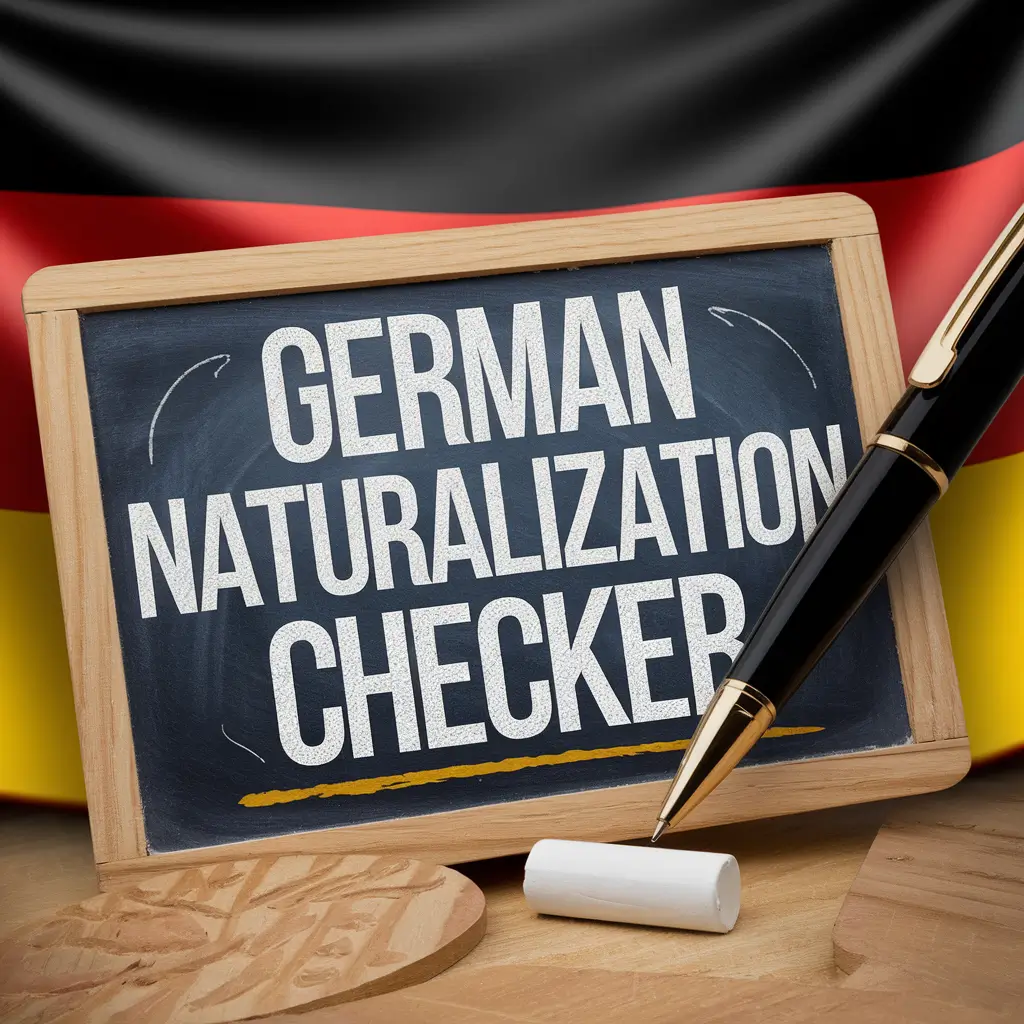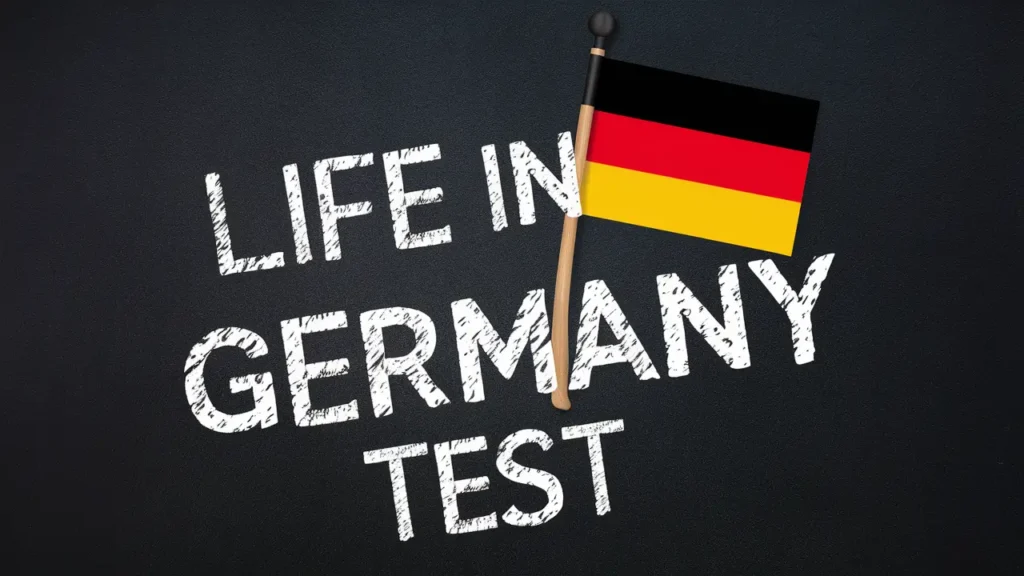Obtaining German Naturalization for EU Citizens, has become more accessible. This comprehensive guide will explore the nuances of this process, highlighting recent changes in German citizenship law and providing valuable insights for EU citizens considering naturalizing in Germany.
The Pathway to German Nationality for EU Citizens
The journey to German citizenship for EU nationals is paved with certain advantages. The German government has implemented special provisions to streamline the German Naturalization of Union citizens, fostering European unity and integration.
Residency Requirements Simplified
Unlike non-EU foreign nationals, EU citizens benefit from simplified residency rules when pursuing German naturalization. The freedom of movement principle within the EU eliminates the need for a formal residence permit. Instead, EU nationals receive automatic confirmation of their lawful residence upon registering in Germany.
This simplification significantly eases the bureaucratic burden for EU citizens seeking German citizenship. It underscores Germany’s commitment to fostering closer ties within the European community.
Dual Citizenship: A Privilege for Many EU Nationals
One of the most appealing aspects of the German Naturalization of EU citizens process is the possibility of retaining dual citizenship. This privilege extends to nationals of several EU countries, allowing them to maintain their original citizenship while acquiring German nationality.
Currently, this applies to citizens from:
- Greece
- United Kingdom
- Ireland
- Portugal
- Netherlands
- Sweden
- France
- Belgium
- Italy
- Hungary
- Poland
- Slovak Republic
- Malta
Slovenia offers this option to specific groups. This provision aligns with the principle of reciprocity, applying to countries that allow Germans to retain their citizenship when naturalizing.
Core Requirements for EU Citizen Naturalization
While EU nationals enjoy certain advantages, they must still meet several key criteria for German naturalization:
1. Established Residence
Applicants must have a permanent residence in Germany. This requirement ensures that naturalizing citizens have a genuine connection to German society.
2. Minimum Stay and Permanent Right of Residence
A minimum stay of 5 years in Germany is typically required. However, this duration may vary by federal state. Applicants should also have secured a permanent right of residence.
3. Naturalization Test
Prospective citizens must pass a naturalization test. This assessment evaluates knowledge of German laws, society, and language, ensuring successful integration.
4. Clean Criminal Record
A clean criminal record is essential. While minor offenses may not disqualify an applicant, serious crimes will likely result in rejection.
5. Language Proficiency
Demonstrating proficiency in the German language is crucial. Applicants must meet the B1 level of the Common European Framework of Reference for Languages (CEFR).
6. Commitment to Constitutional Values
Applicants over 16 must pledge allegiance to the principles enshrined in Germany’s Basic Law. This commitment underscores the importance of shared values in German society.
7. Financial Independence
Naturalization applicants must demonstrate their ability to support themselves without relying on social welfare or unemployment benefits. Exceptions may apply in certain circumstances.
Recent Changes in German Citizenship Law
The landscape of German Naturalization of Union citizens has evolved with recent legislative changes. These modifications aim to make the process more inclusive and reflective of modern realities.
Shortened Residency Requirement
One significant change reduces the standard residency requirement from eight to five years. This adjustment acknowledges the rapid integration of many EU citizens into German society.
Language Proficiency Flexibility
While language proficiency remains crucial, the new law introduces more flexibility. It recognizes various ways of demonstrating language skills beyond standardized tests.
Enhanced Recognition of Integration Efforts
The updated law places greater emphasis on recognizing integration efforts. Volunteer work, community engagement, and professional achievements may now play a more significant role in the naturalization process.
The Way Forward: Advancing European Unity
The German Naturalization of Union citizens process reflects Germany’s commitment to European integration. By offering a streamlined path to citizenship for EU nationals, Germany strengthens its ties with fellow EU members and enriches its cultural tapestry.
As Europe continues to evolve, so too will the naturalization process. EU citizens considering German citizenship should stay informed about these changes and seek guidance from local authorities or legal experts.
As an EU citizen, embracing German citizenship creates additional opportunities and strengthens ties to Germany and the larger European society. It is an adventure of self-improvement, cross-cultural learning, and common ideals; it is the epitome of the European spirit.




